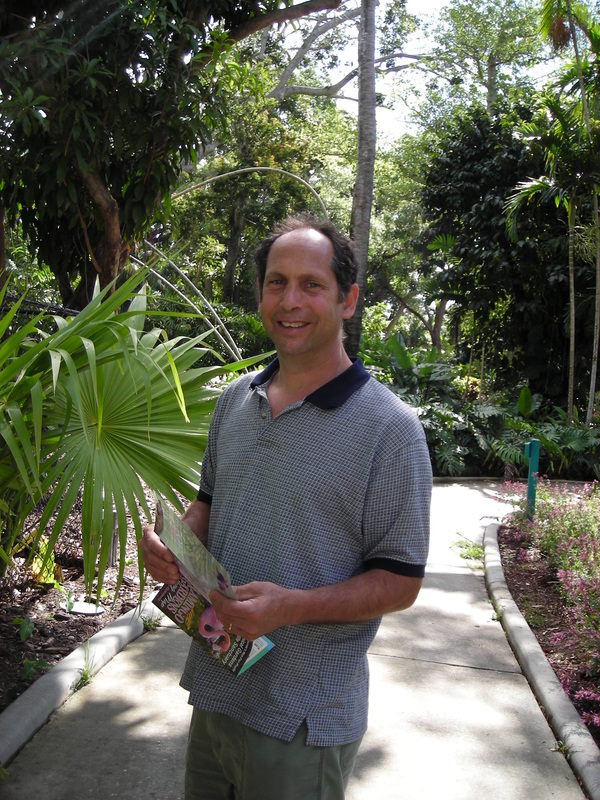and gladly embrace it, how much more so then, if on reflecting within
ourselves we directly realize Self-nature, giving proof to the truth
that Self-nature is no nature. We will have gone far beyond idle
speculation.
Hakuin is famous for setting the modern Rinzi Zen training curriculum which consists of a series of Koans that the monk in training must pass. This was in the 18th Century, not so long ago. Before this time koans were inconsistently used even in the Rinzi schools.
Koans on first glance seem to stress cognitive understanding over quietistic meditation. Many people seem to think that any issue that they struggle with is a koan, and koans can become an excuse for lots of thinking.
A koan is very specifically a question ( Koans are not usually presented as questions but as stories, but the question in this case is always how do you understand the story.)
which is designed to open one to Zen experience and or Zen insight. Koans cannot be answered through thought alone but can be answered from experience in zazen. Here Hakuin is pointing to one and maybe the most important insight to be gained from Zen experience, and this insight is the subject of many Koans,
Though I might seem to be contradicting what I wrote earlier in this commentary there is one insight that seems to be the demarcation between one who is good at zazen and one who is enlightened. In Zen terms this is the difference between samadhi and kensho. But is there really a difference? The Sixth Patriarch thought there was no difference, they work together as the natural out growth of each other. But practically speaking sometimes someone needs a kick in the pants for insight to arise from zazen and this is the function of koans. This insight which is so important is the insight into our true self nature. There are many koans which point to our self nature. One of the most famous is, "Thinking neither good nor bad what is your true nature?" Even the Koan "MU!" points to our true nature. Most people think they are what they think and feel but what are you when you stop thought and emotion? What are you when you are in truly deep zazen? You might be asking, How can I have any insight if I have stopped thought? Well, actually thought does not begin with our inner or outer verbal dialogue nor our emotions. How could it? Any psychologist will tell you that there is a subconscious element to thought, and experience in zazen will tell you this. Some people call it intuition but if zazen is truly deep and clear then it is just seeing clearly with that inner sense of understanding. It is seeing clearly that the person in front of you is suffering or happy. It is seeing clearly that someone needs or doesn't need help. And if one is playing tennis it is knowing that a down the line shot is better or worse then a cross court shot. There is no need to verbalize. Now, clearly see who you are.
The Buddha, 2500 years ago, after his enlightenment talked mostly about happiness, why we are unhappy and how we can become happy, but somewhere in there he verbalized the Non-Atman Doctrine. Usually non-atman is translated as no soul, and so the Non Atman Doctrine states that we as individuals have no permanent or indestructible essence like a soul, that we are in effect an ever changing and temporary like everything else in the Universe. Wow, this is unusual to come out of the mouth of a religious leader. It makes perfect sense but our attachment to our own specialness also makes it difficult to believe. Only a deep experience like the experience of deep zazen can, like Hakuin states, "giving proof to the truth that Self-nature is no nature."
I had been practicing meditation for ten or eleven days in retreat. Early in the morning I was sitting practicing listening, hearing the morning sounds with an unusual intensity. My mind was quiet and as sounds arose in my internal soundscape I would hear them appear and disappear like flashes of light adding no extra thoughts to the experience such as identifying the sources of the sounds. Then with one very large explosion of sound I disappeared. Even that small bit of self-awareness that functioned in the meditation was gone. This only lasted a few moments but when awareness returned I clearly understood that if through the practice of meditation all the aspects of self definition, the inner voice, emotions and consciousness could be turned off then there was nothing left which could be called "I". With this simple insight an understanding of Buddhism and Zen opened. The reverberations of this insight have completely changed my way of thinking and my relationship with the rest of the world.
Many people who practice Zen and other forms of Buddhism think that there is no real need to stop verbal thought and emotions, that the insight we call enlightenment will just appear after many years of practice. But there is a logic to this insight. It will not just appear with out, as the Shakyamuni Buddha would say, the proper causes and conditions. To truly give proof to this understanding the personal experience must be deep, and this can only happen if everything that attaches us to our normal way of thinking is turned off. This is sometimes called the Great Death. It need only last a few seconds and it needs to be reflected upon shortly after the experience for it's transformative power to be truly great.
This is why we have koans.

 RSS Feed
RSS Feed